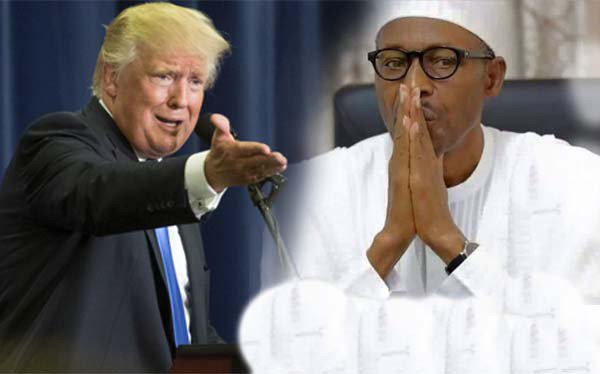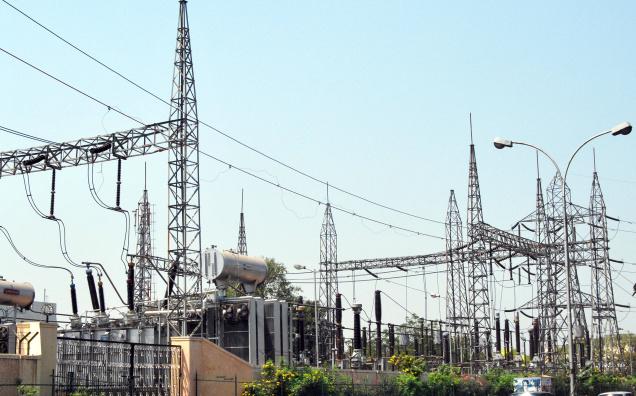The Nigerian Army has said it disagrees with the report of the United States Department of State where it accused the Nigerian Army of not doing enough to effectively secure and hold onto territories recaptured from Boko Haram terrorists despite the successes recorded by the Multi-National joint task force (MNJTF).
This was stated on Monday by the Director of Defence Information; Major General John Eneche.
Eneche says the content of the report submitted to the U.S. Congress is misleading and does not portray the reality of things in Nigeria’s fight against insurgents in the north east.
TheNewsGuru.com reports that the report, published on July 19, highlights the successes and failings of the Nigerian Army in the fight against Boko Haram terrorists.
It indicates that the Federal Government’s progress report on the fight against terror is merely a duplication of failed efforts carried over from the end of last year’s fighting season.
It says the Nigerian government has not been able to rebuild civilian structures and institutions in areas captured. Just as it has not been able to rescue the remaining Chibok school girls abducted in 2014.
Eneche, however, stressed that the pockets of attacks still experienced are a result of inside information by Boko Haram collaborators whom he believes are still amongst us.
“I am sorry to say that this is not the first time we are hearing this. The same people say we cannot contain Boko Haram; it is an opinion of the United States Military. It is not real. Is it an issue of deliberate operation they are talking about? No.
“The nature of these things happening now are information bound strongly and I still want to state that there are informants, there are still collaborators otherwise, how come they did not attack them on the first day when they started the exploration exercise with the soldiers when they had finished and they were going back.
“Somebody gave them information and must have monitored them to ensure that they came to a place that they can easily be ambushed unsuspecting. So one cannot really say that the Armed Forces are not really on top of the situation but the pockets of attacks we are having here and there like I said, are based strongly on information by their collaborators who are still amongst us,” he stressed.


